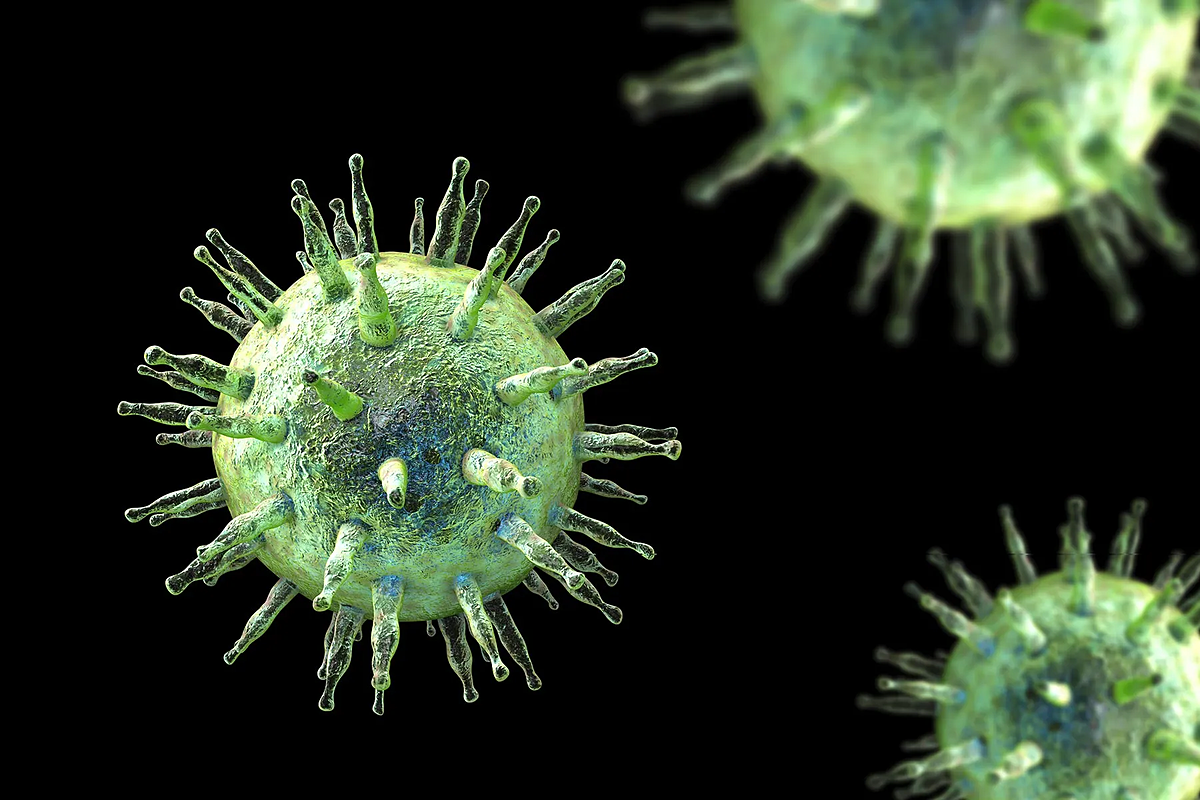A study published in Nature Communications by the International Agency for Research on Cancer (IARC), part of the WHO, in collaboration with research centers in China, has found a link between EBV and an increased cancer risk. Researchers tracked almost 74,000 people in southern China for 8 to 10 years, identifying 1,990 cancer cases and testing them for EBV antibodies.
The study found that individuals with EBV antibodies had a five times greater risk of developing cancer compared to those without. This risk increased with higher antibody levels.
“This finding provides a deeper understanding of the link between EBV infection and the risk of various cancers,” said Dr. Zisis Kozlakidis, a co-author of the study.
Nasopharyngeal carcinoma, a rare cancer affecting the part of the throat connecting the nose and mouth, showed the strongest association, with a 26-fold increased risk for those with EBV antibodies. EBV was also linked to lung cancer, liver cancer, and lymphomas.
 |
The Epstein-Barr virus is one of the most common viruses in humans worldwide and is spread primarily through saliva. Photo: Dreamstime |
The Epstein-Barr virus is one of the most common viruses in humans worldwide and is spread primarily through saliva. Photo: Dreamstime
Researchers acknowledge some limitations, such as the study’s potential lack of generalizability to other populations and the influence of other risk factors like smoking. However, the findings reinforce existing evidence of EBV’s role in cancer development and pave the way for further research into the virus’s genetic mechanisms within cells.
Experts emphasize that EBV infection does not guarantee cancer development. However, the virus can trigger genetic changes that increase the risk in some individuals. Awareness of this risk can encourage people to be vigilant about early signs of disease and seek testing when necessary.
EBV spreads easily through saliva and other bodily fluids, often without noticeable symptoms. It can cause infectious mononucleosis (mono), also known as the "kissing disease.”
Thuc Linh (Euro News)












